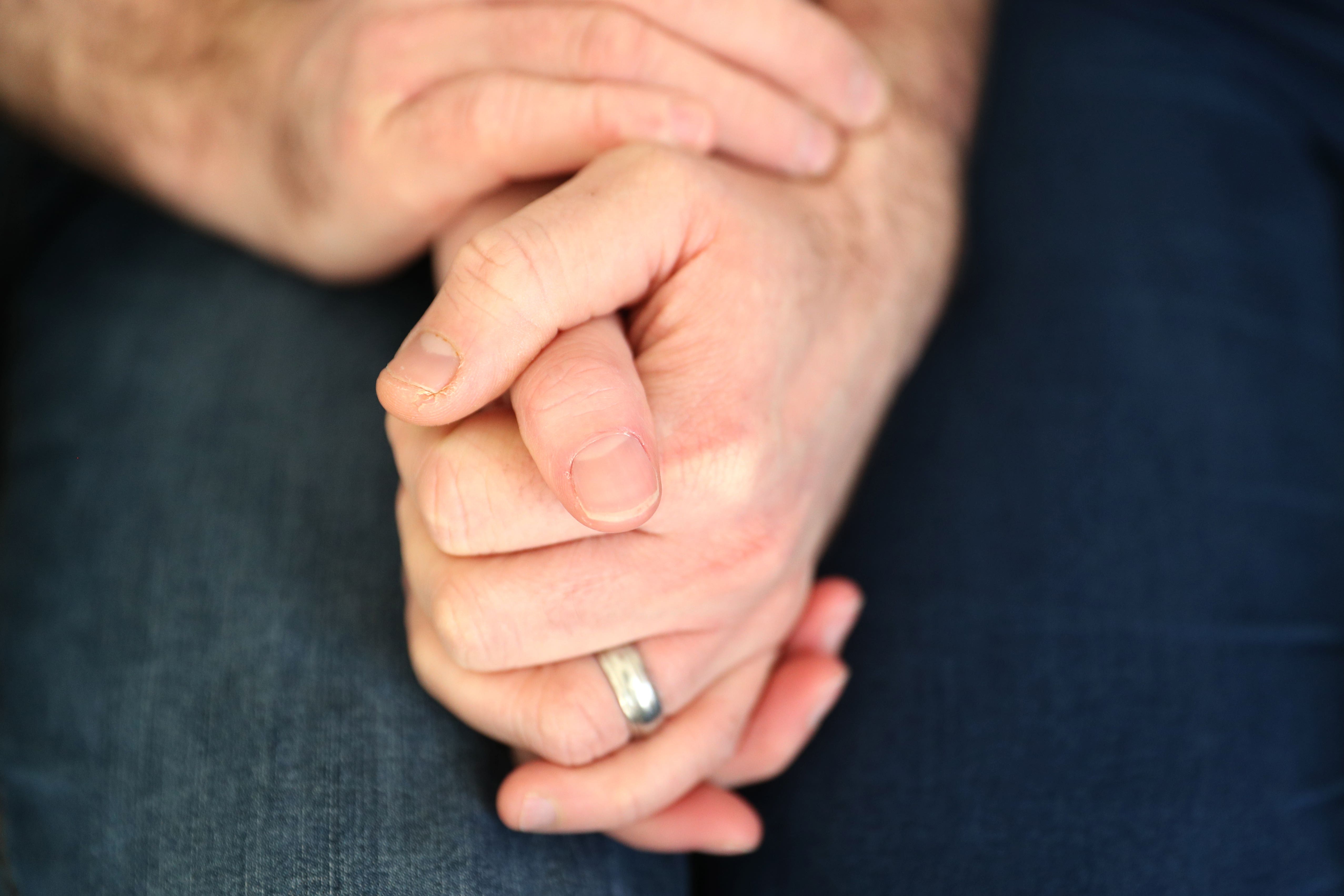Hormone injection could treat low sex drive in women and men – study
Researchers found kisspeptin boosted sexual responses in women and men with hypoactive sexual desire disorder.

Your support helps us to tell the story
From reproductive rights to climate change to Big Tech, The Independent is on the ground when the story is developing. Whether it's investigating the financials of Elon Musk's pro-Trump PAC or producing our latest documentary, 'The A Word', which shines a light on the American women fighting for reproductive rights, we know how important it is to parse out the facts from the messaging.
At such a critical moment in US history, we need reporters on the ground. Your donation allows us to keep sending journalists to speak to both sides of the story.
The Independent is trusted by Americans across the entire political spectrum. And unlike many other quality news outlets, we choose not to lock Americans out of our reporting and analysis with paywalls. We believe quality journalism should be available to everyone, paid for by those who can afford it.
Your support makes all the difference.A hormone injection could be the answer for women and men who are experiencing a loss of sex drive, a new study has suggested.
The research indicates kisspeptin could be used to treat people distressed by their low libido.
Two new studies found the hormone boosted sexual responses in women and men with hypoactive sexual desire disorder (HSDD).
The condition is characterised by low sexual desire that is distressing to the individual.
We provide the first evidence that kisspeptin is a potentially safe and effective therapy for both women and men with distressing low sexual desire
It is thought to affect up to 10% of women and 8% of men across the world, and can have devastating psychological and social impacts.
Kisspeptin is a naturally-occurring hormone that stimulates the release of other reproductive hormones inside the body.
A 44-year-old man, called Peter (not his real name), got involved in the trial because of previous problems with his sexual appetite and performance.
He said: “The issue had always been detrimental to sustaining relationships. I would often make excuses as to why my sexual appetite was low.
“For example, I would blame stress at work or tiredness as a reason instead of being honest. I had tried other performance-supporting medication like Viagra.
“However, this proved ineffective as the issue was simply one of low desire. It was highly embarrassing and not something I felt able to talk to my previous partners about. I feared they would confuse it with lack of attraction to them.
“I was keen to learn whether there was a solution to my problem and learn more about my condition.”
Peter added: “I received the kisspeptin infusion in June 2021 and I noticed a difference in terms of my sexual desire.
“The week I had the kisspeptin infusion we conceived our son, who was born in March 2022. I had the best possible outcome as a result of the trial.
“I also learnt a lot more about myself and my condition. I am really pleased to have contributed to this trial, which has been life-changing for me.”
The Imperial College London and Imperial College Healthcare NHS Trust team have previously shown in men with intact sexual desire that the hormone can enhance responses to sexual stimuli.
It can also boost attraction, independent of other reproductive hormones like testosterone.
For the new study, they looked at the effects in women and men with a low sex drive.
The researchers found kisspeptin improved sexual brain processing in both women and men, resulting in positive effects on sexual behaviour compared to placebo.
They say these are the first clinical studies to explore the ability of the hormone to boost the sexual parts of the brain in women and men distressed by their low sexual desire.
Dr Alexander Comninos, from the department of metabolism, digestion and reproduction at Imperial College London, said: “Low sexual desire can be distressing and so result in HSDD.
“This can have a major detrimental impact on relationships, mental health and fertility.
“Even though it is relatively common, treatment options in women are limited, carry significant side effects and in some cases can be harmful to even try. And, unfortunately, these treatments have limited effectiveness.
“In men there are currently no licensed treatments and none on the horizon.
“Therefore, there is a real unmet need to find new, safer and more effective therapies for this distressing condition for both women and men seeking treatment.
“Our two studies provide proof-of-concept for the development of kisspeptin treatments, as we provide the first evidence that kisspeptin is a potentially safe and effective therapy for both women and men with distressing low sexual desire.”
According to the research, kisspeptin can also have positive effects not only in the brain but also in the penis by increasing rigidity.
The hormone was well-tolerated by both women and men with no side effects reported, something that is crucial when it comes to developing drugs.
Researchers are next planning to test the hormone in sexual problems that are psychological in origin, such as unexplained low libido.
The two studies involved 32 pre-menopausal women and 32 men with HSDD.
In both trials, patient brains were scanned and blood and tests were conducted.
The second trial involved 32 heterosexual men with HSDD (aged 21-52 years) and measured penile rigidity, between January and September 2021.
The findings, published in Jama Network Open, indicate that kisspeptin significantly boosted brain activity in key structures of the sexual brain network while also increasing penile rigidity by up to 56%.
The hormone also had greater effects in key brain regions in men more distressed with their low sexual desire.